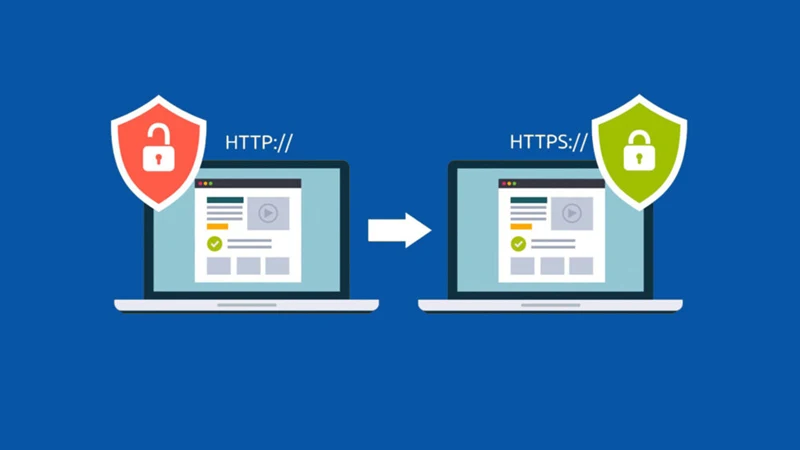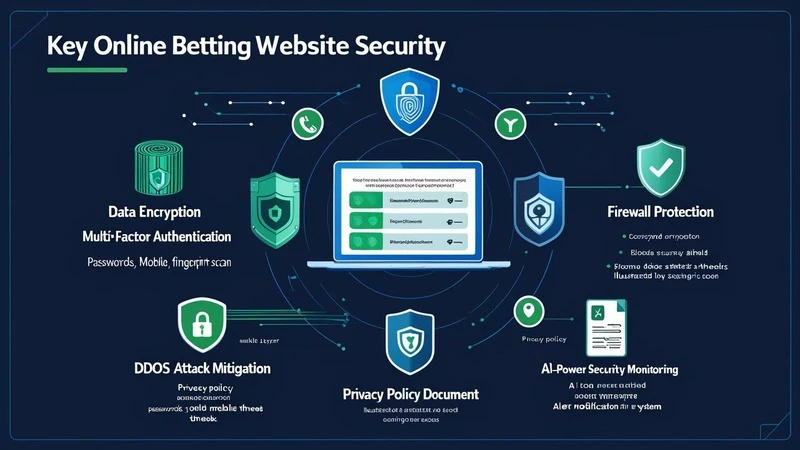Security represents one of the most critical aspects of the online betting industry, where players entrust platforms with their personal information, financial details, and significant monetary transactions. The digital nature of online gambling creates unique vulnerabilities that malicious actors constantly attempt to exploit, making robust security measures absolutely essential for protecting player interests and maintaining platform integrity.
Players must prioritize security considerations when selecting betting platforms, as inadequate protection can lead to identity theft, financial fraud, and compromised personal data. The consequences of choosing an unsecured platform extend far beyond immediate financial losses, potentially affecting players’ credit ratings, personal privacy, and long-term financial security.
Casino 91 Club exemplifies the industry’s commitment to comprehensive security by implementing multiple layers of protection and maintaining the highest international security standards. The platform’s dedication to player safety demonstrates why security should be the primary consideration when choosing an online betting platform, as it directly impacts every aspect of the gaming experience.
What is HTTPS? The Role of HTTPS in Betting Website Security
HTTPS (HyperText Transfer Protocol Secure) represents the secure version of the standard HTTP protocol used for communication between web browsers and servers. This enhanced protocol incorporates SSL/TLS encryption to create a secure channel for data transmission, ensuring that all information exchanged between players and betting websites remains protected from interception and manipulation.
The security mechanism works by establishing an encrypted connection before any data transmission occurs. When players access an HTTPS-enabled betting website, their browser and the server perform a cryptographic handshake that creates a unique encrypted tunnel for their session. This process ensures that sensitive information such as login credentials, payment details, and personal data cannot be intercepted by cybercriminals monitoring network traffic.

HTTPS plays a crucial role in building player trust and confidence in online betting platforms. Modern web browsers clearly indicate HTTPS connections with visual security indicators, including padlock icons and “Secure” labels in the address bar. These visible security confirmations help players identify legitimate, secure platforms and avoid potentially dangerous websites that lack proper encryption.
Casino 91 Club’s implementation of HTTPS across all platform interactions demonstrates its commitment to player security and data protection. This comprehensive encryption approach ensures that every aspect of the player experience, from account registration to financial transactions, remains secure and protected from potential security threats.
SSL and SSL Certificates – How Do They Protect Data?
SSL (Secure Socket Layer) certificates serve as digital credentials that authenticate website identity and enable encrypted connections between web servers and browsers. These certificates contain cryptographic keys and identifying information that browsers use to verify website authenticity and establish secure communication channels. SSL technology has evolved into TLS (Transport Layer Security), though the SSL terminology remains widely used in the industry.
The SSL encryption process involves sophisticated mathematical algorithms that scramble data during transmission, making it virtually impossible for unauthorized parties to decipher intercepted information. When data is transmitted through an SSL-protected connection, it undergoes complex encryption that can only be decoded by the intended recipient possessing the corresponding decryption key.

Several types of SSL certificates offer different levels of validation and security assurance. Domain Validated (DV) certificates provide basic encryption, Organization Validated (OV) certificates include company verification, and Extended Validation (EV) certificates require comprehensive business authentication. Higher-level certificates provide stronger trust indicators and more rigorous identity verification processes.
For betting platforms like Casino 91 Club, SSL certificates are absolutely essential for protecting financial transactions and personal information. Every deposit, withdrawal, and account access relies on SSL encryption to prevent data theft and ensure transaction integrity. The implementation of high-grade SSL certificates demonstrates a platform’s commitment to maintaining bank-level security standards for player protection.
The importance of SSL certification extends beyond technical protection to encompass regulatory compliance and industry standards. Reputable betting platforms must maintain valid SSL certificates to meet licensing requirements and maintain their operational legitimacy in regulated markets.
Other Security Factors on Betting Websites
Data encryption extends beyond SSL to encompass comprehensive protection of stored information through advanced cryptographic methods. Modern betting platforms employ multiple encryption layers, including database encryption, file system protection, and secure key management systems. These measures ensure that player data remains protected even if other security barriers are compromised.
Multi-factor Authentication (MFA) represents another crucial security component that significantly enhances account protection by requiring multiple verification methods for access. This approach typically combines something users know (passwords), something they have (mobile devices), and something they are (biometric data). MFA dramatically reduces the risk of unauthorized account access, even if login credentials are compromised.

Firewall protection and DDoS (Distributed Denial of Service) mitigation systems provide essential infrastructure security by filtering malicious traffic and maintaining service availability during cyber attacks. Advanced firewall configurations can identify and block suspicious activities in real-time, while DDoS protection ensures that betting platforms remain accessible even during large-scale attack attempts.
Privacy policies and data protection frameworks establish clear guidelines for how platforms collect, use, and protect player information. Comprehensive privacy policies demonstrate transparency and regulatory compliance while providing players with clear understanding of their data rights and platform obligations.
Security monitoring and alert systems provide continuous oversight of platform activities, identifying potential threats and suspicious behaviors before they can cause damage. These systems employ artificial intelligence and machine learning to detect unusual patterns and automatically respond to security incidents, ensuring rapid threat response and mitigation.
Advice When Choosing a Safe Betting Platform
When evaluating betting platform security, players should first verify the presence of HTTPS encryption by checking for secure connection indicators in their browser’s address bar. Look for the padlock icon and “https://” prefix, which confirm that the website uses proper encryption protocols. Additionally, examine SSL certificate details by clicking on security indicators to verify certificate validity and issuer credibility.
Reputable betting platforms like Casino 91 Club display clear security credentials, including licensing information, auditing certifications, and security technology partnerships. These platforms typically provide detailed security information in easily accessible locations and maintain transparency about their protection measures and compliance standards.

Regular software updates and security maintenance represent ongoing commitments that distinguish professional platforms from less secure alternatives. Trusted betting sites consistently update their security systems, implement the latest protection technologies, and maintain current SSL certificates. Players should favor platforms that demonstrate continuous investment in security infrastructure and maintain current industry certifications.
Additional verification steps include researching platform reputation through independent reviews, checking regulatory compliance status, and confirming customer support responsiveness to security concerns. Platforms with strong security commitments typically maintain 24/7 security monitoring and provide clear channels for reporting security issues or concerns.
Ensuring security on betting websites is a fundamental responsibility that protects players’ personal data, financial transactions, and overall gaming experience. Technologies like HTTPS and SSL certificates form the backbone of secure communication, while additional measures such as multi-factor authentication, encryption layers, and continuous security monitoring create a robust defense against cyber threats.
When choosing a safe betting platform, players should prioritize sites like Casino 91 Club that demonstrate clear commitment to security through visible credentials, up-to-date certifications, and transparent policies. For a deeper understanding of how trusted casinos maintain fairness and integrity beyond just security protocols, exploring the role of International Casino Auditing Organizations offers valuable insight into the comprehensive safeguards implemented in the online gambling industry.
By staying informed and vigilant, players can enjoy a safer and more confident betting experience.

